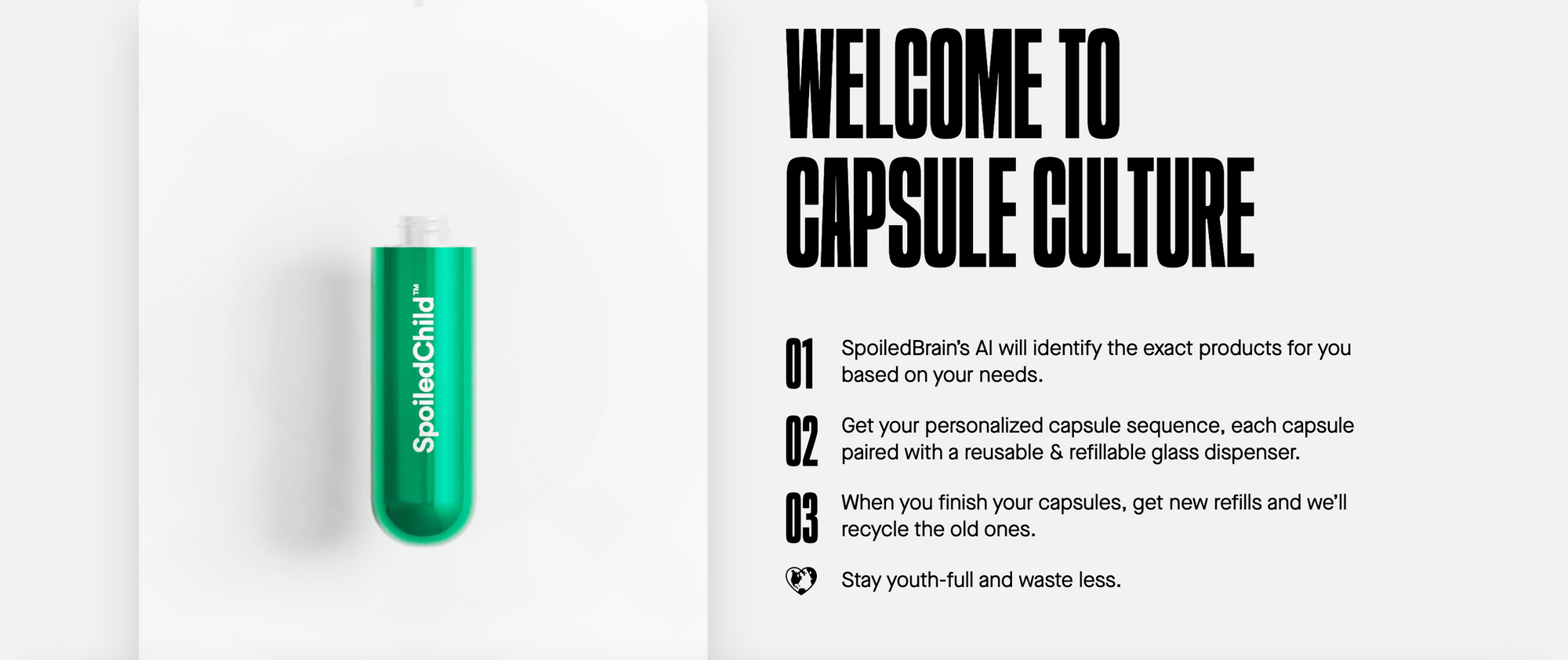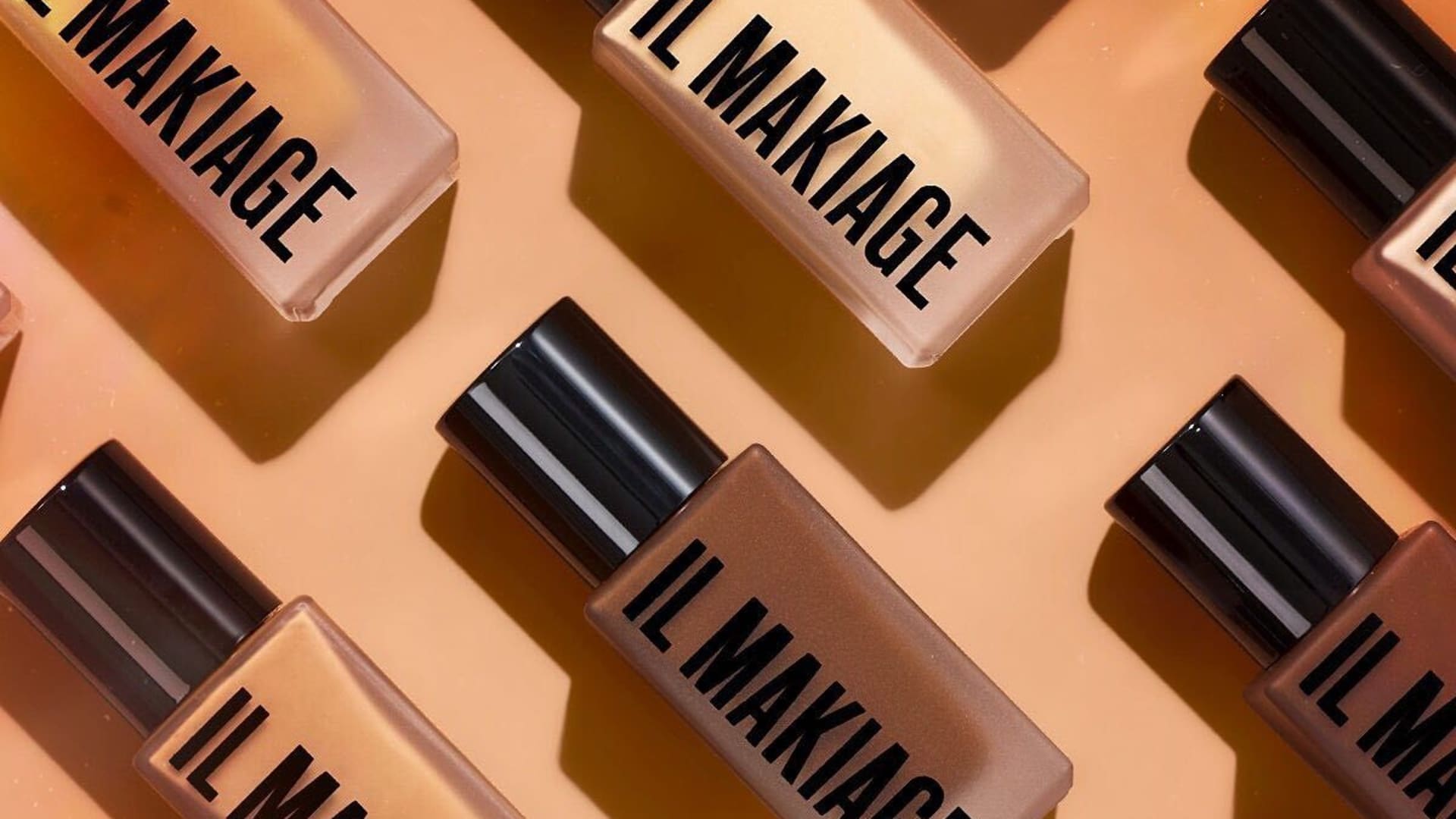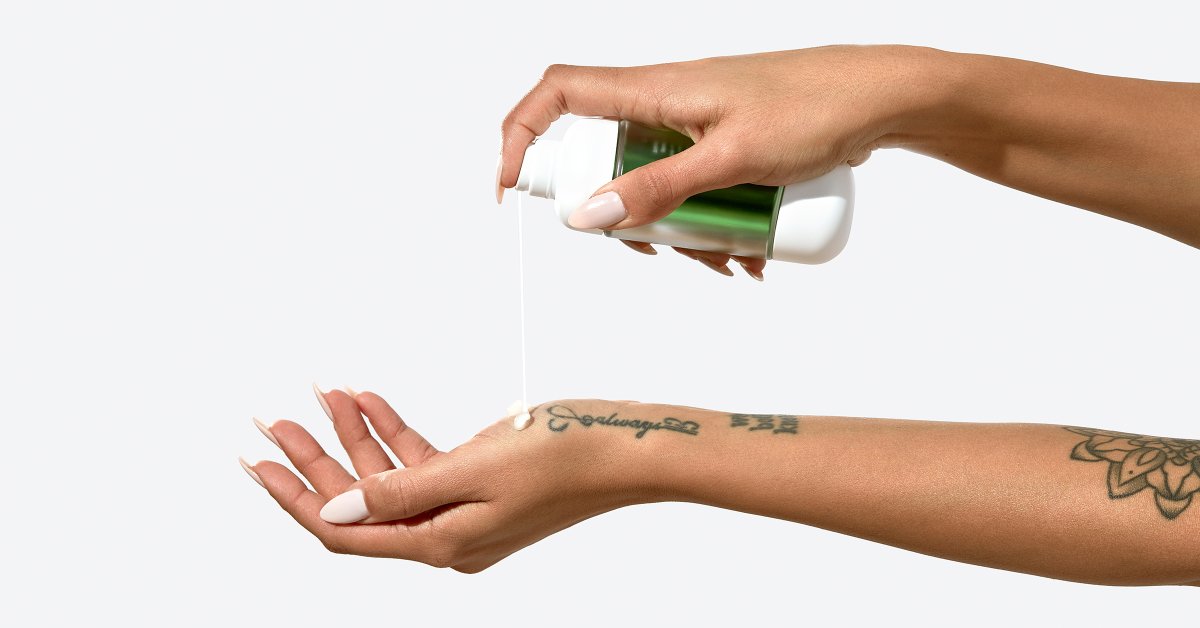How SpoiltChild is using AI to disrupt the beauty industry
If you want a glimpse of what's possible when AI meets retail, have a careful look at SpoiltChild.

Imagine a shop where what you ended up buying was perfectly tailored to your specific requirements.
A shop that took only you into account when recommending products.
A shop that behaved as if you were their most important customer...ever.
Using AI, clever branding and employing a full staff compliment of technologists, rather than recruiting anyone with past experience in the cosmetics industry; SpoiltChild is a wellness business that has the audacious goal of defining a compelling new future of wellness retail.

Launched in 2022 by the Oddity group (who also own the hugely successful Il Makiage brand) SpoiltChild is a DTC business that is already profitable.
An 18-month old DTC start-up that is already profitable is almost unheard of, but this is no ordinary DTC business.
What really sets it apart is that the business has unique and powerful technology baked into the core coding of the business itself, which enables it to personalise the customer experience like never before and offer accurate product recommendation based on data and AI.
The recognised term for it is smart beauty.

Investors are very interested in Oddity's strategic approach
It's fair to say that in these challenging financial times, investors are not as excited as they once were to pile into yet another DTC startup with lofty goals to change the world.
Oddity however is not just another e-commerce store selling its own label to early adopters.
As the cost of capital remains high and appetite for risk lowers, they are putting money behind tech-savvy backend platforms like Oddity that make products or software for external brands or labels in their own portfolio rather than purely consumer facing start-ups. - Business of Fashion
What's so great about SpoiltChild?
Where most digital transformations go horribly is when companies with old legacy systems try to level-up with better tech and struggle to integrate the two.
Or trouble starts when a business with pervasive legacy thinking at a leadership level, assumes that buying a new tech stack will magically transform them into world-beating technologists without the need for the key decision-makers to actually know something about technology.
The unique thing about this business is that its a technology company that uses data science and artificial intelligence to be of service to a customer with a specific need.
It's not a beauty company that then plugs-in technology to be more efficient.
Oddity (the holding company) could literally take this same system of innovation and apply its successful formula to just about any product and customer segment and will be successful.
It's a great demonstration of what a successful version of AI-powered retail could look like.

As a case study in serving 'the customers of one', Oddity and their brands are worth keeping an eye on.
They have a great mix of brand, product, packaging and technology that put a nice big moat around the business, protecting them from would-be competitors.
Many company leaders are wondering just how AI-technology and people are going to successfully work together; this may be a useful example.
With 40 million users, Oddity most certainly already has a lot of data to train its powerful AI tools on. As those numbers grow, so to will the capabilities of their system.
This may be just the beginning for them.
Let's see.






